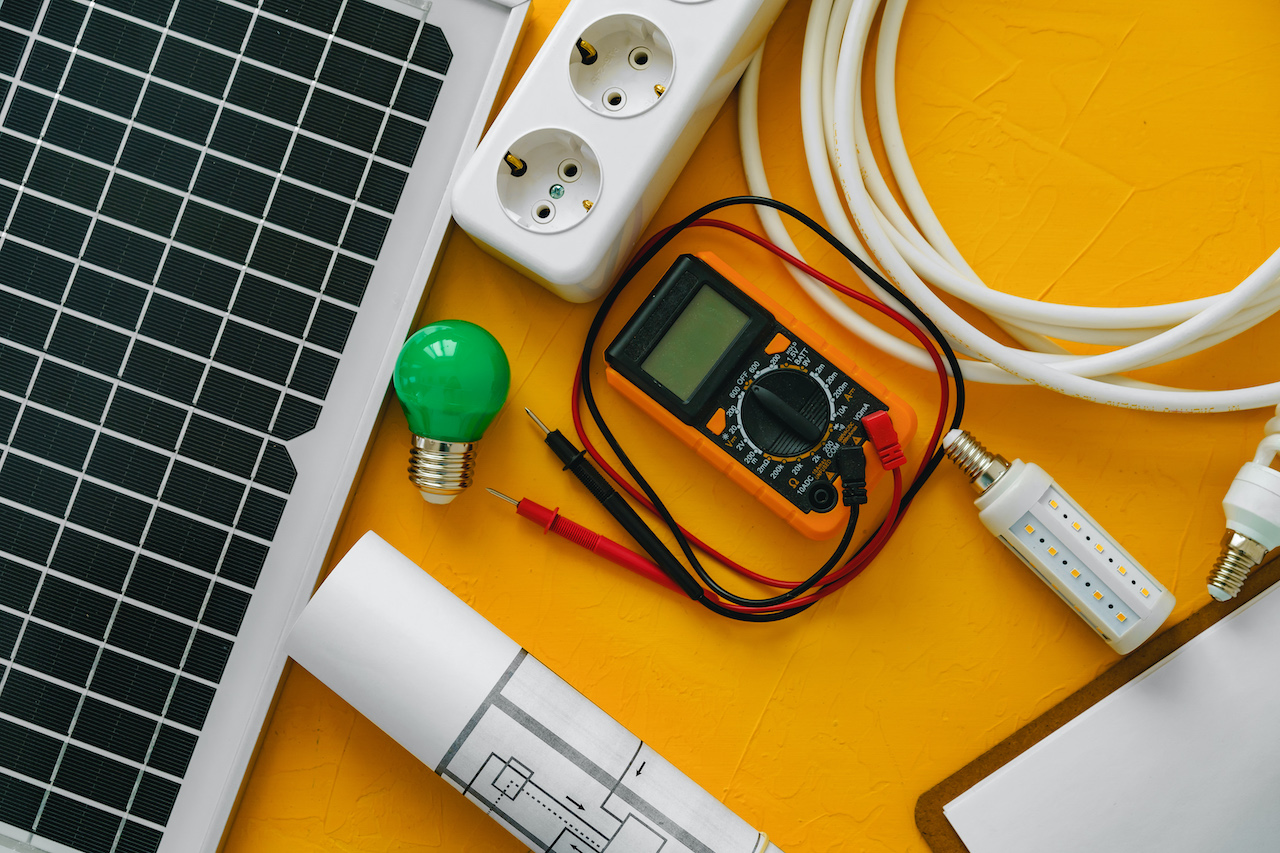Energy conversion and consumption is a crucial pedestal of human civilization. We can develop the most advanced technology, but it is only helpful with something to power it. That comes into focus as more businesses adopt advanced technological measures to keep up with the ever-evolving Internet of Things (IoT). It is why an energy management system remains paramount to any infrastructure.
Every computer, server, or CCTV system added to an establishment increases its total electricity load. No longer is it viable to connect every device to the main switchboard and hope for the best. Voltage drops, humidity, and other factors can change how devices consume electricity. We need a more innovative solution than a bunch of fuses and wired bus controllers.

What Is an Energy Management System?
Energy Management Systems (EMS) monitor, report, and manage the state of electricity over any closed circuit. Earlier versions consisted of simple fuses and switches, which quickly gave way to miniature circuit breakers (MCBs), digital multimeters, and voltage stabilizers.
Today, the complex hardware that remains in most inhabitable buildings requires robust energy management systems for commercial buildings. It should be capable of isolating the circuits in the event of overloads, regulating the voltage to sensitive devices, and reporting real-time consumption through digital means.
Benefits of an Energy Management System
An efficient energy management system can create several advantages directly affecting your bottom line. A few notable ones include the following.

a. Analytical Power Supply
Today’s digital energy management systems allow you to create an accurate plan for your residential or commercial space. When you know how much your inhabitable space consumes daily, you can adjust the adequate supplies for crucial equipment. Moreover, you get a reliable plan for power backup should the grid fail for some reason.
b. Ease of Use
An energy management system makes it convenient to carry out a few tasks essential to the basic functioning of any infrastructure. You can plan your future budgets with a detailed account of your electricity budgets.
Modern energy management systems can disconnect hazardous lines in the case of a short circuit while keeping essential mechanisms such as sprinklers powered up. Leaving that to an intelligent computer system is more efficient than trusting someone who may make mistakes during a crisis.
c. Reduced Energy Consumption
When you know how much energy your systems consume, you can streamline the process to make it minimal. You can shut off devices remotely and assign specific day slots to areas you know aren’t occupied. Furthermore, you can reroute energy from alternative sources like solar panels and wind turbines to reduce your dependence on the local grid.
d. Supervisory Control
The best benefit of an innovative EMS is the ability to monitor all connections connected within an area. Any unauthorized usage can be quickly stamped out, and it is easy to spot errors like spike voltages and current leaks within the system. EMS shall also penetrate domestic spaces with the increasing affinity for smart homes worldwide.
Best Energy Management Systems for Establishments
Similar to software updates, your energy management system needs to account for the latest requirements for any space. That is why you should trust the experts in the field that deliver high-quality solutions that integrate quickly with the reporting systems you have on hand. It is a critical part of any infrastructure from a security, financial, and eco-friendly point of view.



